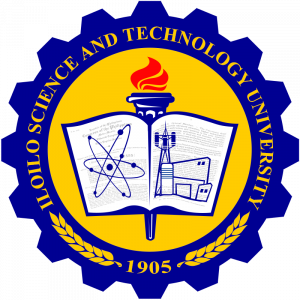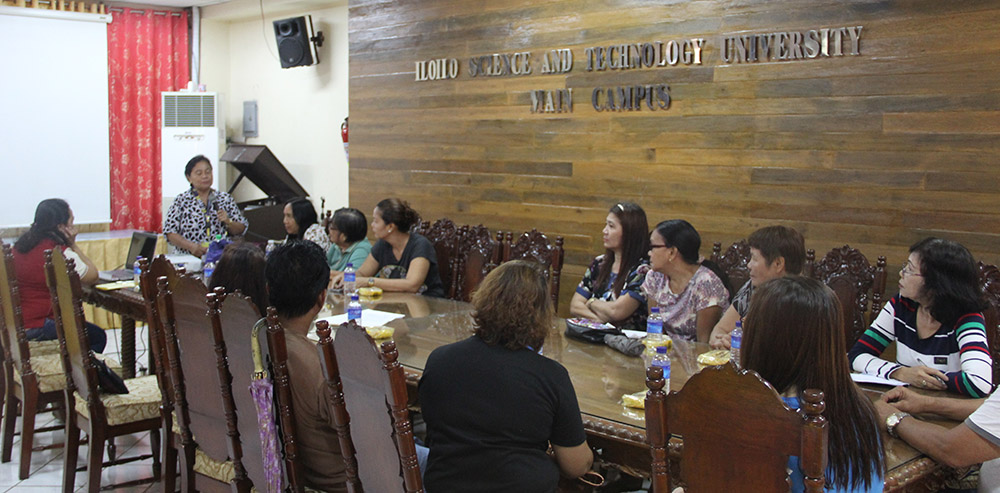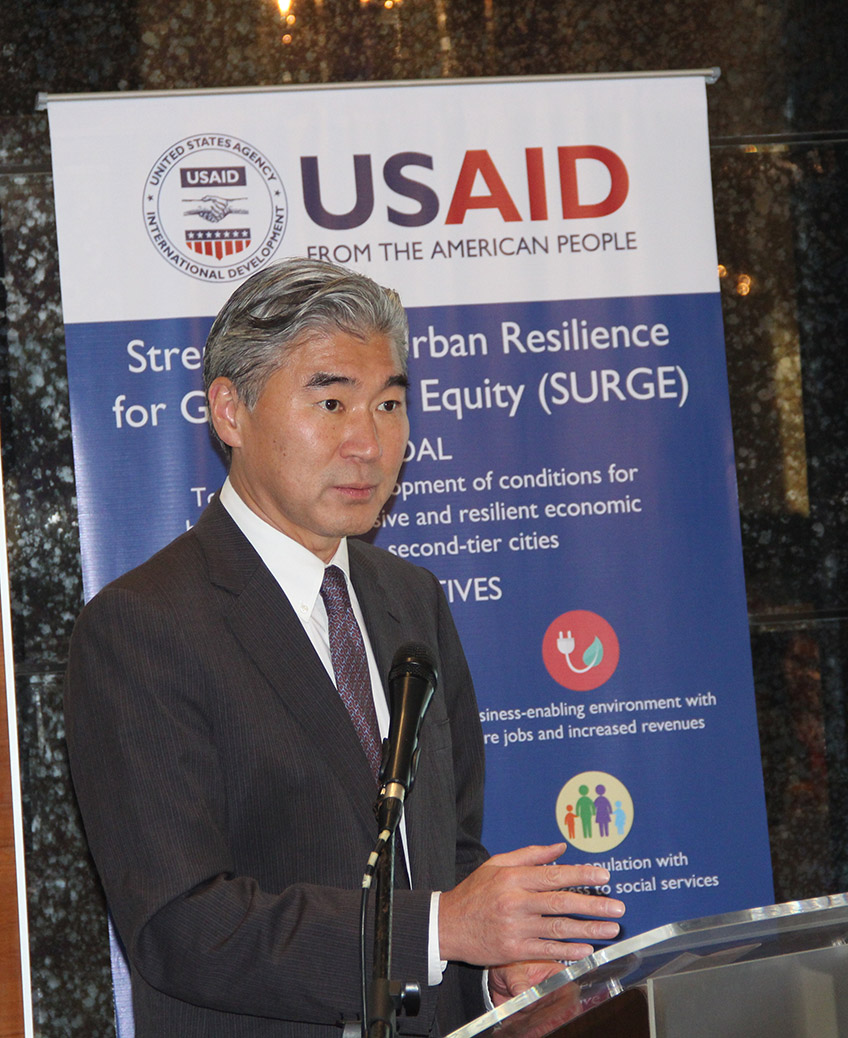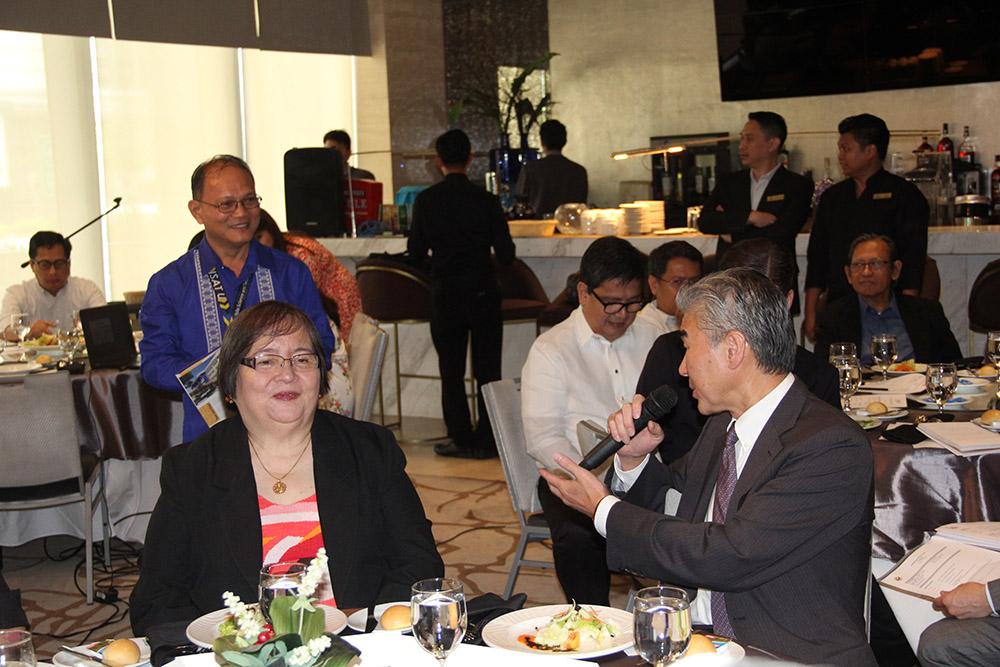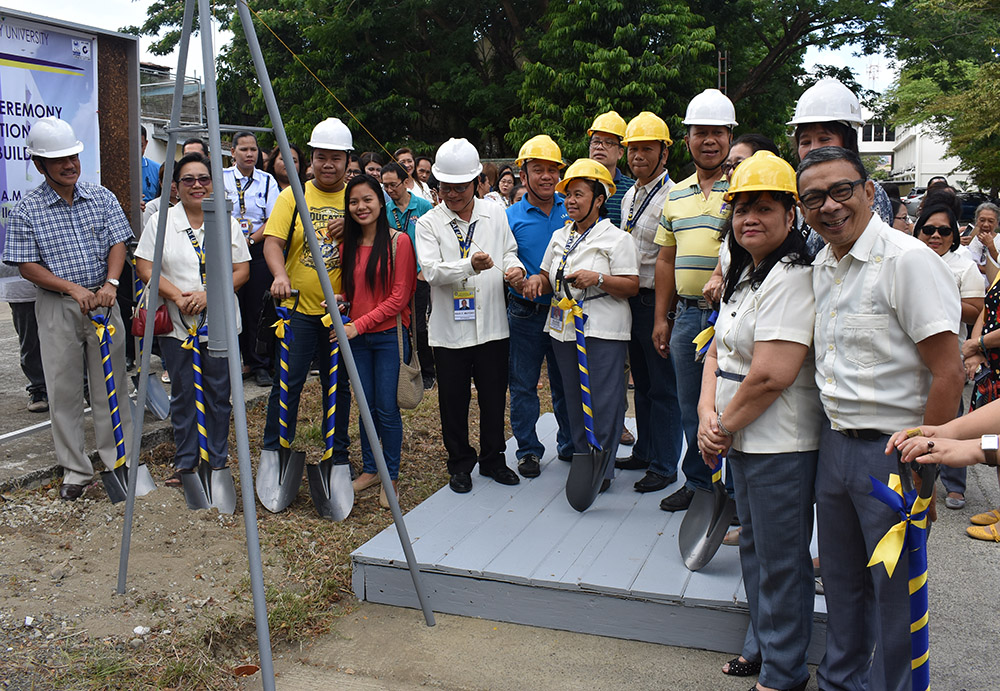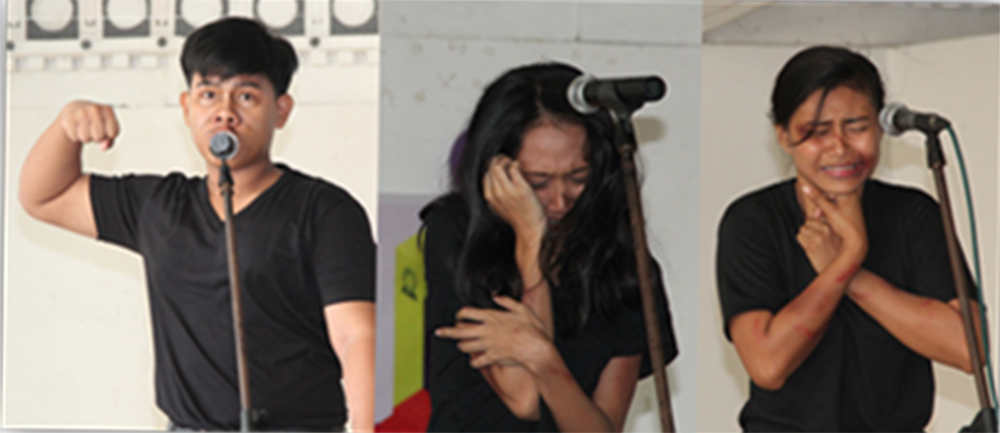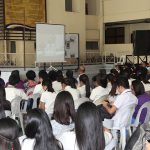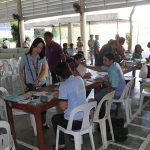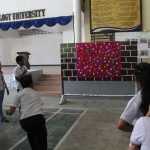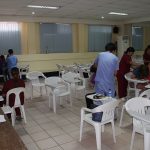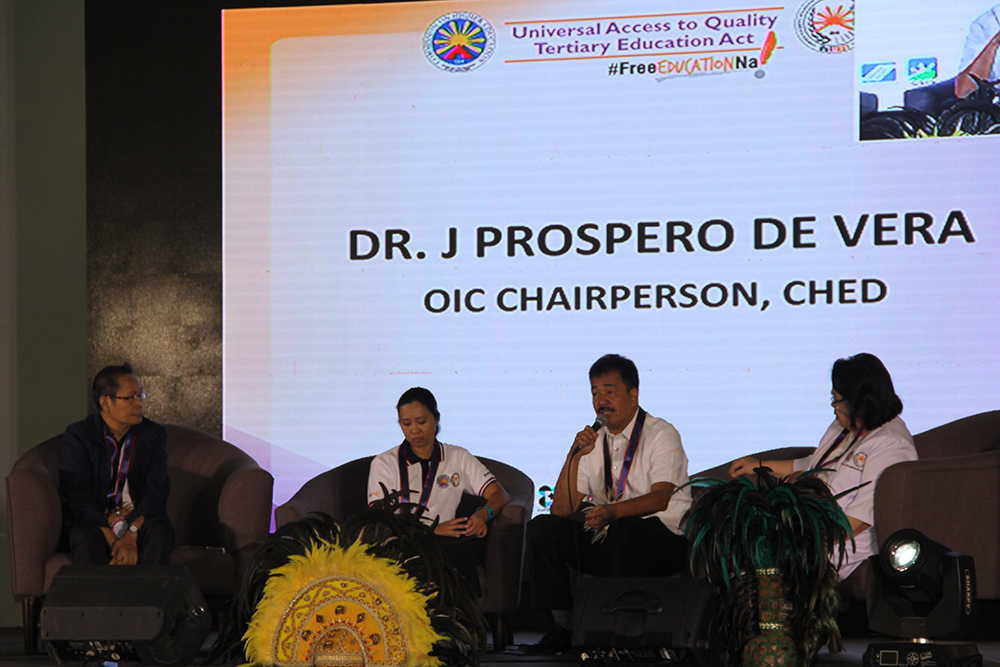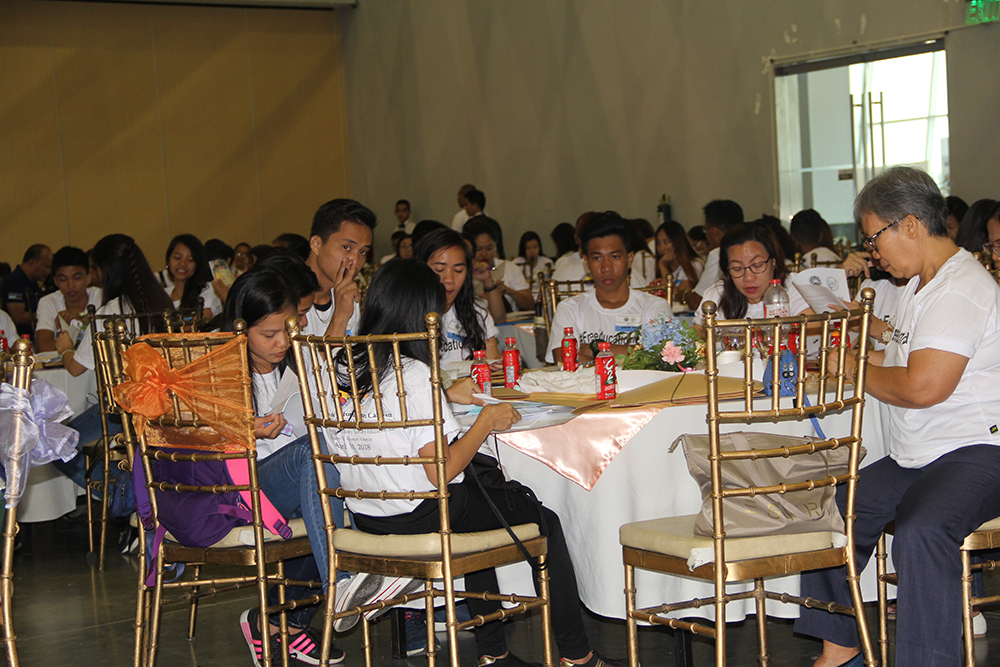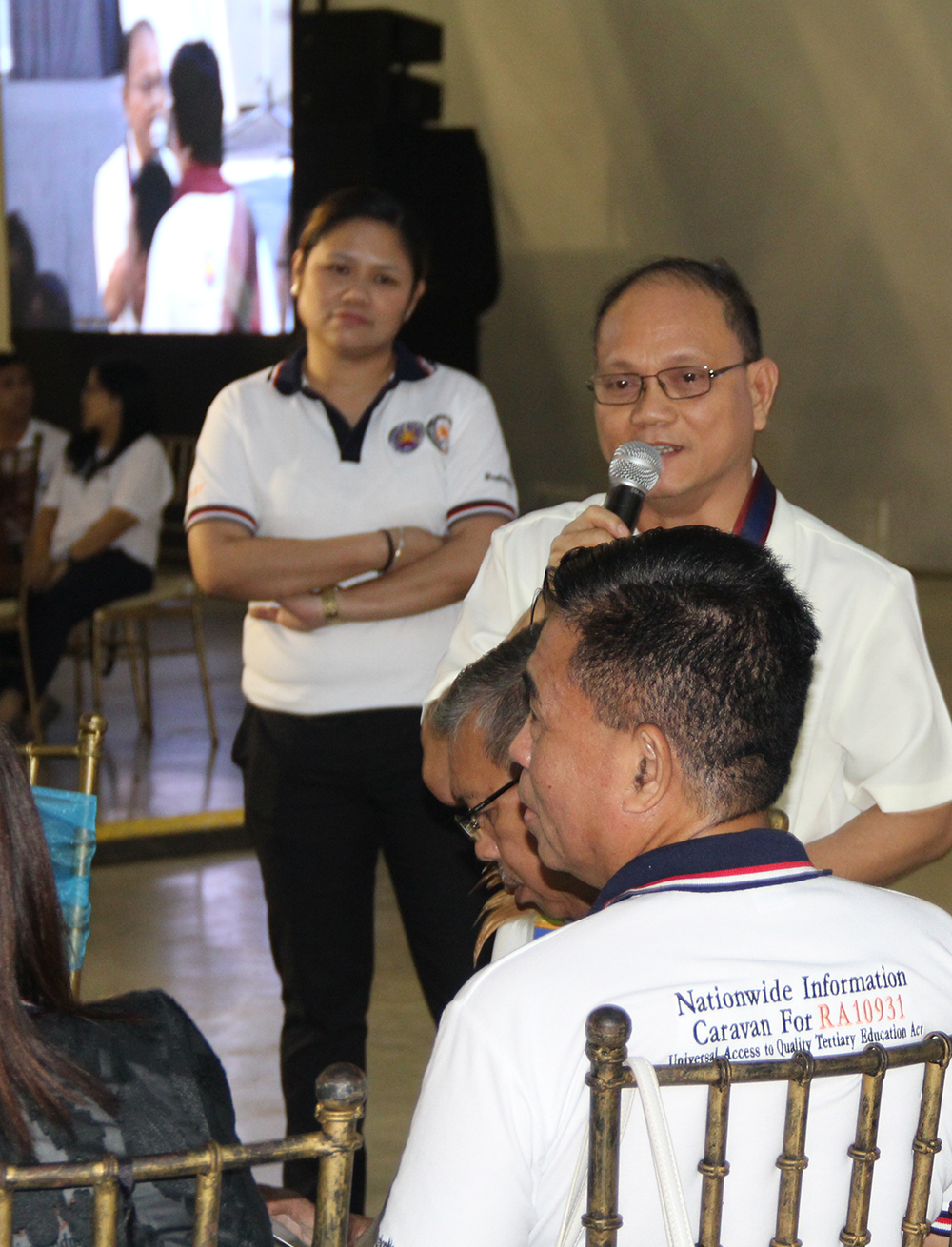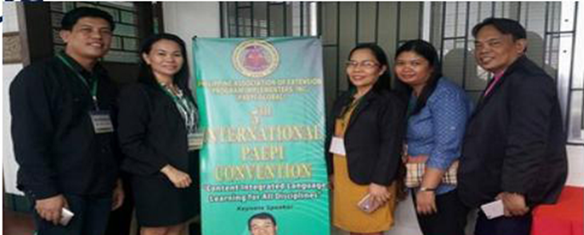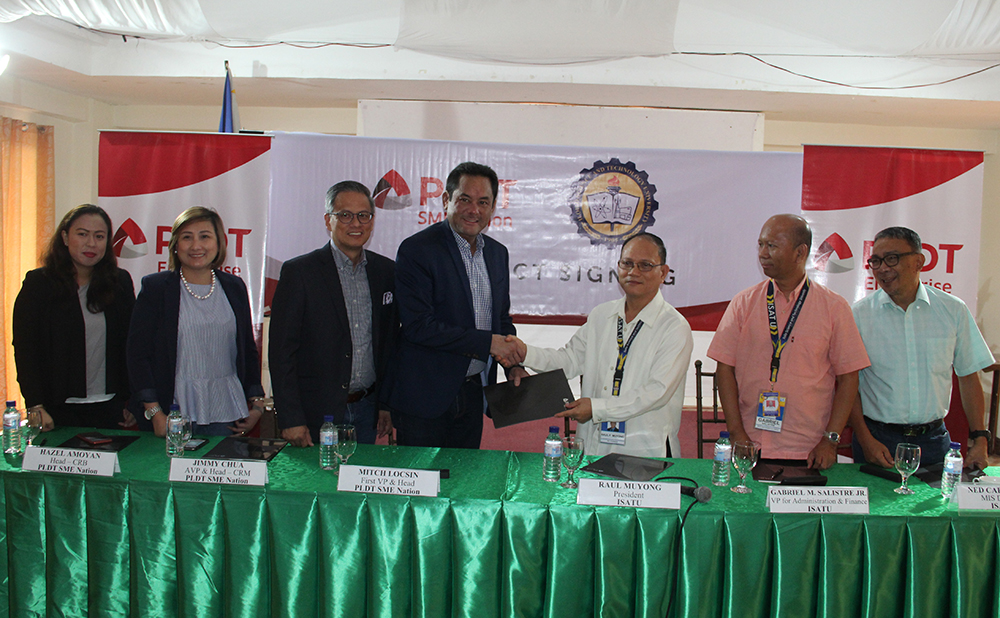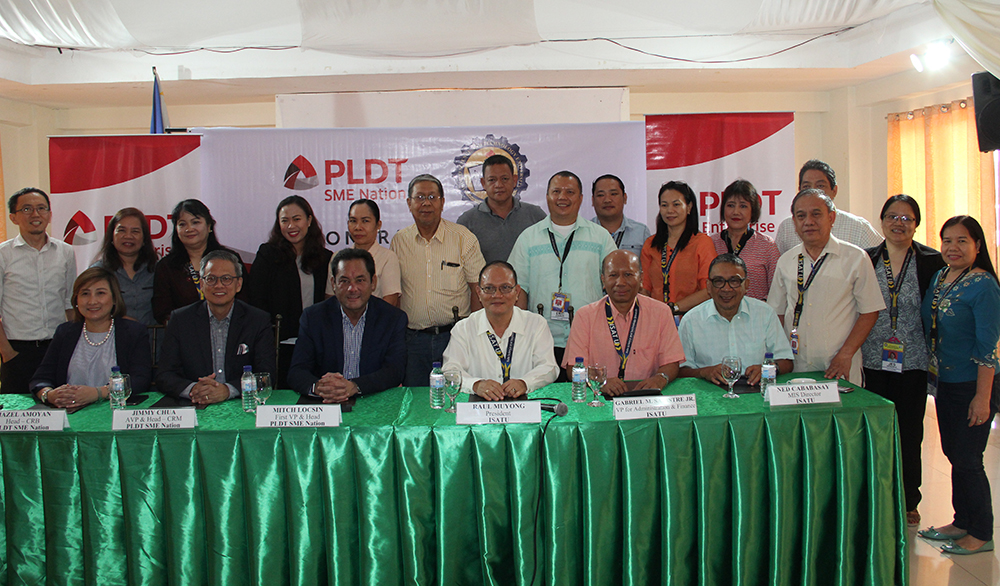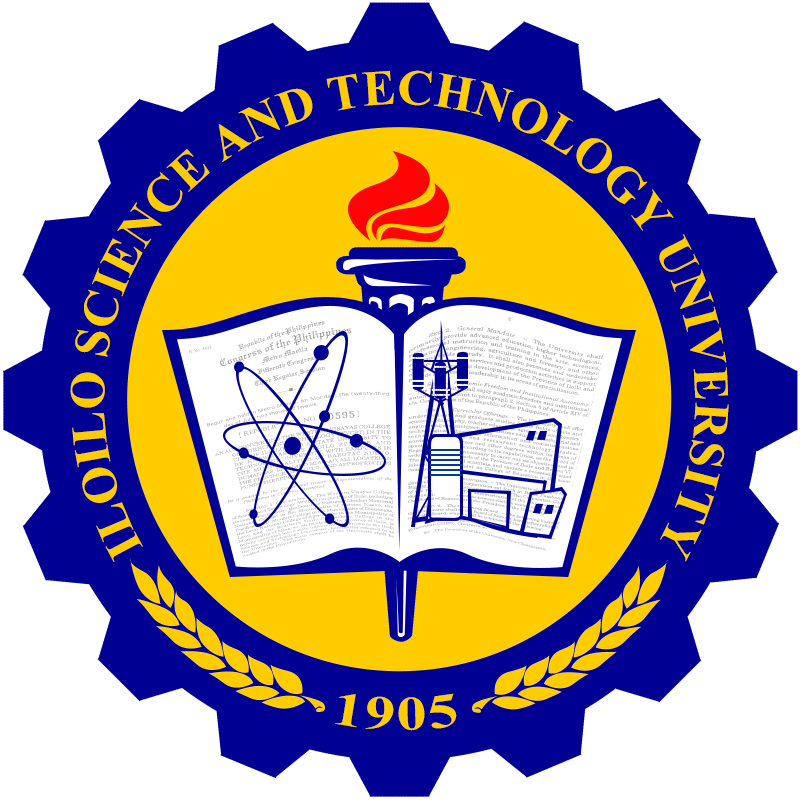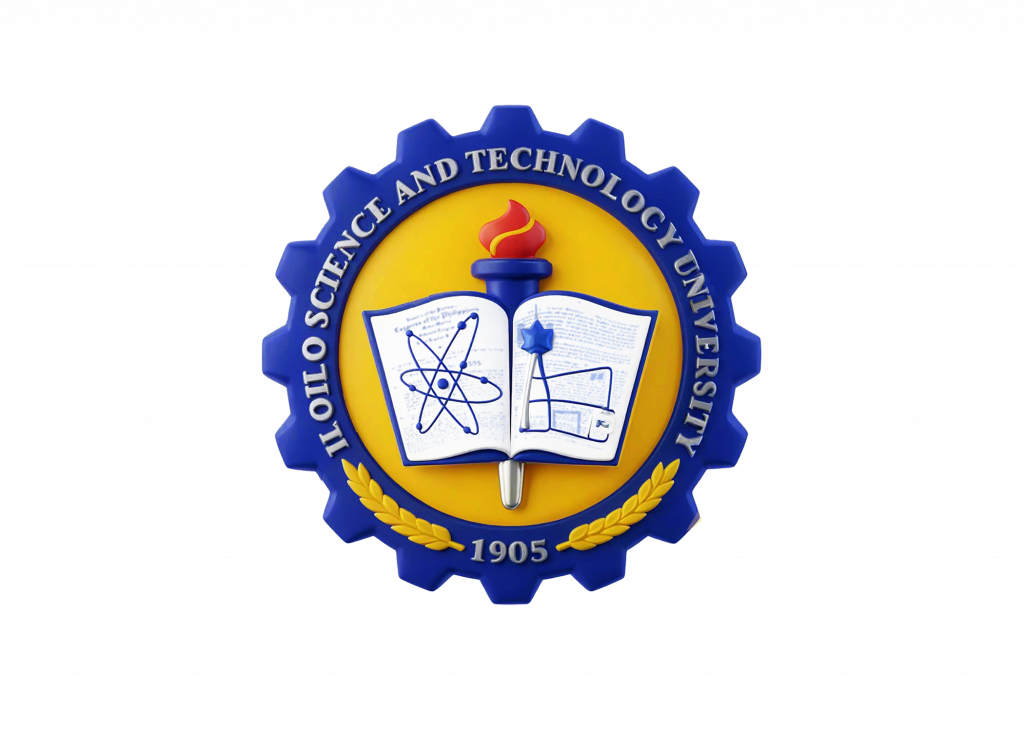
A jam-packed crowd at the Multi-purpose Educational Center.
Aimed at informing the parents and students of the mechanics of the free college education, an orientation on Republic Act 10931 or the Universal Access to Quality Tertiary Education Act was held on June 7, 2017 at the University Multi-purpose Educational Center.
Dr. Karen Catalina G. Zaldivar, Educational Supervisor II and In-Charge of Scholarship, CHEd Regional Office VI, presented the salient points of the law. Dr. Zaldivar focused on the legal basis of implementation, the qualified beneficiaries, programs and institutions, the admission and retention policies as provided, the authorized fees and the tertiary education subsidy (TES) and other scholarships.
The Return Service System (RSS) Contractual Obligation of Students as one of the components of RA 10931 was also discussed. Rule II, Section 4 of the Implementing Rules and Regulations (IRR) mandated SUCs and LUCs to formulate and implement RSS for students-beneficiaries as part of admission and retention policies.
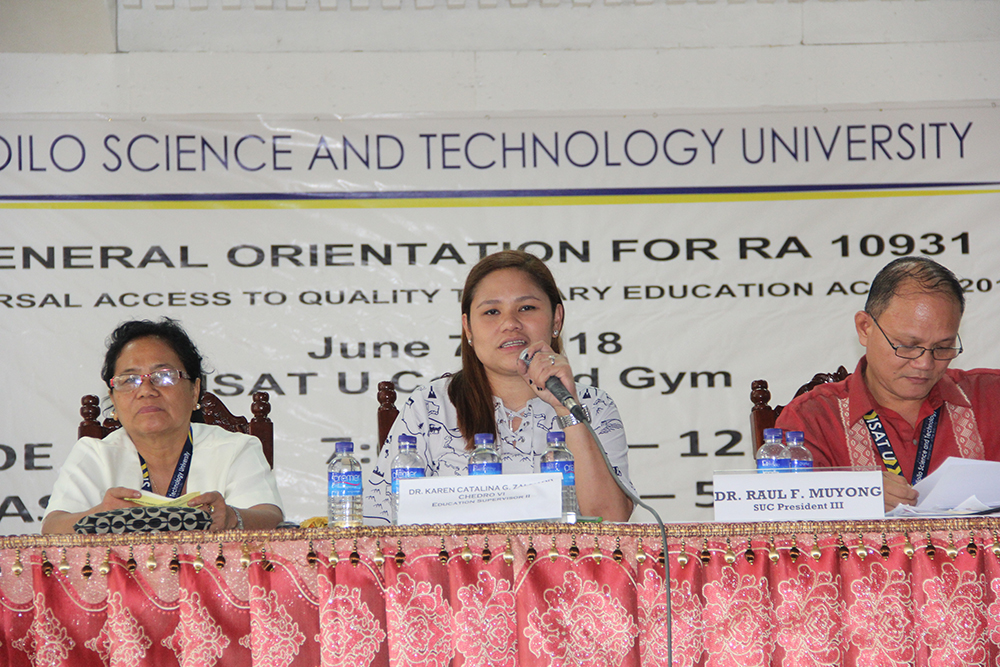
The Panelists. (L-R) Dr. Ma. Asusina Asuncion E. Echaverria, OSAS Director; Dr. Karen Catalina G. Zaldivar, Dr. Raul F. Muyong
Dr. Raul F. Muyong, ISAT U President, presented ISAT U’s proposed guidelines and the drafted RSS Program Options. Subject for the approval of the Board of Regents, the proposed guidelines state that each student will render fifty (50) hours of return service per semester or one hundred (100) hours per academic year. Included in the RSS program options are the following: campus clean and green, community outreach and extension, risk reduction and disaster mitigation and readiness, campus leadership, sports and cultural, tutorial and learning assistance, student assistantship or combination of any of the approved option.
The query and suggestion of a parent on the inclusion of the services as Sangguniang Kabataan official as part of the program was noted. Dr. Muyong assured that the committee in-charged will give necessary attention to the matter.

Parents and students ask questions, clarify issues, erase doubts and give comments and suggestions on the implementation of Republic Act 10931.
The school’s opt-out mechanism was made clear to the parents and students. Under Section 8, Rule II of the Implementing Rules and Regulations (IRR) of RA 10931, ISAT U as an implementing agency has an obligation to formulate its mechanism to cater to students with financial capacity to pay for their education and who voluntarily decide to “opt-out” of the tuition and other school fees subsidy.
Dr. Muyong took the opportunity to remind students to be serious in their studies. “Be serious in your studies. You are very lucky to be admitted at ISAT U. There are more than 7, 000 applicants and only 2,500 were admitted and that includes you,” he said.
In the open forum, the parents and students were given chances to ask questions, clarify issues, erase doubts and give comments and suggestions on the implementation of Republic Act 10931.
